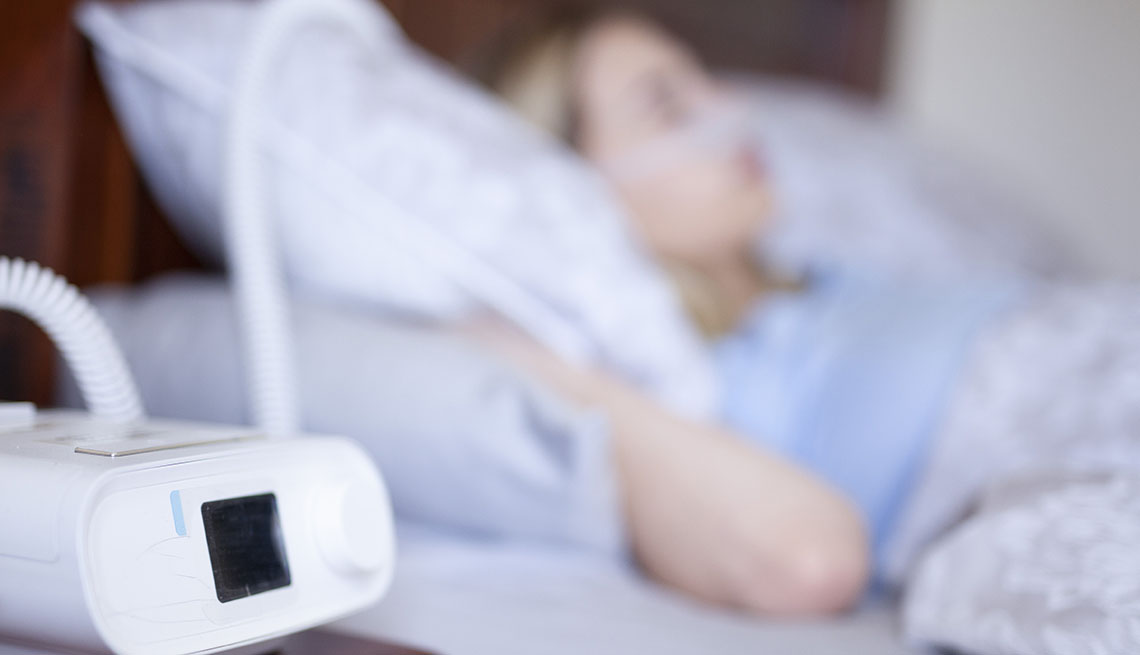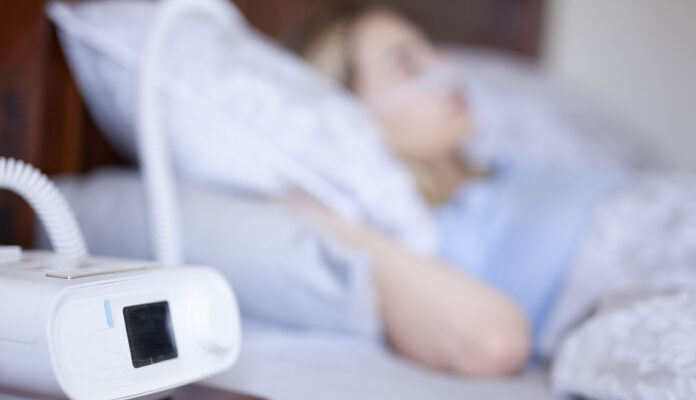Introduction

Sleep apnea is a common sleep disorder that affects many individuals worldwide. In NSW Health Australia, innovative solutions such as CPAP (Continuous Positive Airway Pressure) therapy have emerged to provide effective treatment and improve the quality of life for patients. In this article, we will explore how CPAP therapy is making a significant difference in sleep apnea treatment within the NSW Health system. From understanding the basics of CPAP to its availability and benefits, this article will serve as a comprehensive guide for individuals seeking information about CPAP NSW Health Australia.
CPAP NSW Health Australia: A Revolutionary Treatment
CPAP therapy, also known as Continuous Positive Airway Pressure therapy, is a non-invasive treatment method used to manage sleep apnea. It involves wearing a mask that delivers a constant stream of pressurized air to keep the airway open during sleep. By preventing the collapse of the airway, CPAP therapy ensures uninterrupted breathing, resulting in improved sleep quality and reduced daytime fatigue.
How Does CPAP Therapy Work?
CPAP therapy works by utilizing a machine that delivers pressurized air through a mask worn over the nose or mouth. The air pressure acts as a splint, preventing the airway from collapsing and allowing the individual to breathe freely throughout the night. This therapy is most commonly recommended for individuals with obstructive sleep apnea, where the airway becomes partially or completely blocked during sleep.
Benefits of CPAP Therapy
CPAP therapy offers numerous benefits for individuals with sleep apnea. By providing continuous airflow, it effectively reduces apnea events, which are instances when breathing pauses or becomes shallow during sleep. The key benefits of CPAP therapy include:
- Improved Sleep Quality: CPAP therapy ensures uninterrupted breathing, leading to more restful and rejuvenating sleep.
- Increased Energy Levels: By treating sleep apnea, CPAP therapy reduces daytime fatigue, enhancing energy levels and overall productivity.
- Enhanced Cognitive Function: Regular use of CPAP has been associated with improved cognitive function, memory, and concentration.
- Cardiovascular Health: CPAP therapy reduces the risk of cardiovascular complications, such as hypertension and heart disease, which are commonly associated with untreated sleep apnea.
- Improved Mood and Emotional Well-being: Treating sleep apnea with CPAP therapy can alleviate symptoms of depression, irritability, and mood swings.
- Reduced Snoring: CPAP therapy significantly reduces or eliminates snoring, benefiting both the individual and their sleep partner.
Availability of CPAP Therapy in NSW Health Australia
CPAP therapy is readily available within the NSW Health system, ensuring that individuals with sleep apnea have access to this life-changing treatment option. Health facilities, sleep clinics, and specialized sleep disorder centers across NSW offer CPAP therapy services to patients. These facilities have trained healthcare professionals who guide patients in the selection, fitting, and ongoing management of their CPAP equipment.
How to Access CPAP Therapy in NSW Health Australia?
To access CPAP therapy in NSW Health Australia, individuals should follow these steps:
- Consultation: Start by consulting with a healthcare professional, such as a sleep specialist or general practitioner, to discuss sleep apnea symptoms and undergo a sleep study if required.
- Sleep Study: If a sleep study is recommended, it will help diagnose sleep apnea and determine the appropriate treatment plan, including CPAP therapy if needed.
- Equipment Selection: Once CPAP therapy is prescribed, a healthcare professional will assist in selecting the most suitable CPAP machine and mask based on individual needs and preferences.
- Education and Training: Patients receive comprehensive education and training on how to use and maintain their CPAP equipment effectively. This ensures optimal therapy compliance and long-term success.
- Follow-up Care: Regular follow-up appointments with healthcare professionals will monitor progress, address any concerns, and make necessary adjustments to the treatment plan, if required.
Frequently Asked Questions about CPAP NSW Health Australia
1. Is CPAP therapy covered by health insurance in NSW?
Yes, CPAP therapy is typically covered by health insurance in NSW. However, coverage may vary depending on the individual’s insurance plan. It is advisable to check with your insurance provider for specific details regarding CPAP coverage.
2. Are there any side effects of CPAP therapy?
While CPAP therapy is generally well-tolerated, some individuals may experience minor side effects initially, such as nasal congestion, dryness, or skin irritation. These issues can often be resolved by adjusting the mask or using additional accessories like humidifiers. Consulting with a healthcare professional can help address any concerns.
3. Can I travel with CPAP equipment?
Yes, CPAP equipment is portable and travel-friendly. Most CPAP machines are compact and lightweight, designed for easy transport. Ensure that you carry your equipment as carry-on luggage when traveling by air.
4. How long does it take to see the benefits of CPAP therapy?
Many individuals experience immediate improvements in sleep quality and daytime alertness after starting CPAP therapy. However, the full benefits may vary from person to person. Consistent and long-term use of CPAP is crucial to achieving optimal results.
5. Can CPAP therapy be used for children with sleep apnea?
Yes, CPAP therapy can be used for children with sleep apnea. However, the treatment plan and equipment selection may differ based on the child’s age, size, and specific needs. Pediatric sleep specialists can provide expert guidance in such cases.
6. Can I purchase CPAP equipment directly without a prescription?
CPAP equipment should be obtained through a healthcare professional’s prescription to ensure proper evaluation, diagnosis, and selection of the most suitable equipment. A prescription also enables insurance coverage for the equipment and ongoing support from healthcare providers.
Conclusion
CPAP therapy is revolutionizing sleep apnea treatment within NSW Health Australia. With its proven effectiveness in improving sleep quality, reducing daytime fatigue, and mitigating long-term health risks, CPAP therapy is transforming the lives of individuals with sleep apnea. Through the accessibility and support provided by the NSW Health system, CPAP therapy is readily available to those who need it. If you or a loved one are experiencing sleep apnea symptoms, consider reaching out to healthcare professionals to explore the benefits of CPAP therapy in improving your sleep and overall well-being.
